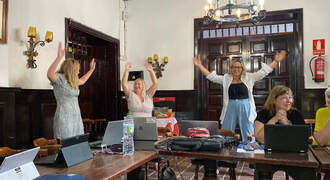 Teachers often face challenges in staying updated with the digital skills necessary to maintain a motivated, engaged, and enthusiastic classroom environment, especially in language teaching. The integration of technology in language learning empowers students to take an active role and encourages communication and collaboration among their peers. Technological tools in support of language learning serve a multitude of purposes, including the introduction of new topics or the review of previous ones, customization of lessons, assessment, and the stimulation of students to produce their own work, thus fostering their creativity and engagement. The new edition of the course “Teaching languages in the digital era: the best apps, web platforms and ICT solutions for learning languages” took place in Tenerife from 29/10/2023 to 04/11/2023. The participants came from all across Europe, with Tajana and Sunčica form Gimnazija Vukovar in Croatia, Judit from Gödöllői Református Líceum Gimnázium in Hungary, Larissa and Claudia from Kaufmännische Schule Heidenheim in Germany, Gunita Jana and Inga from Auce secondary school in Latvia ,Ana from Pučko otvoreno učilište Koprivnica in Croatia, Annette from Kaufmännische Schule Heidenheim in Germany and Manuela from Mittelschule Neumarkt in Italy. Throughout this course, participants acquired the skills to utilize a diverse array of technological tools and seamlessly incorporate them into their teaching approaches. These tools proved to be invaluable, serving not only to bolster engagement and motivation but also to effectively track progress, particularly in areas like vocabulary acquisition, communication, and individual student work. During this course, participants had the opportunity to actively participate in numerous hands-on activities and gain firsthand experience with these technological tools. For instance, they took part in live quiz competitions, all the while learning how to craft interactive language quizzes through the use of web applications. Notably, the utilization of quiz flashcards was highlighted as an effective means to enhance students' vocabulary and spelling skills. One of the tools explored in this course included web platforms specifically designed for generating language-related presentations. Participants had the opportunity to create and deliver their own presentations within an inspiring environment, equipping them with the skills to integrate this knowledge into their future classroom settings. Furthermore, participants also gained insights into tools that facilitate the organization and review of lesson content. These tools enabled them to prepare various teaching materials, including grammar presentations, pose questions, and effectively monitor students' engagement and attention, which is particularly pertinent in the prevalent era of distance learning. Additionally, they delved into platforms that simplify the creation of worksheets and explainer videos. Participants also explored specialized platforms that prove highly valuable for language learning. These platforms empower educators to incorporate voice notes, questions, and voiceovers into educational videos, effectively transforming them into interactive lessons. Learning languages can indeed be a challenging endeavor, but when the right tools and technology are integrated into the classroom, there's no denying the potential for heightened motivation, increased attention, greater engagement, and improved learning skills. This transformation turns a conventional lesson into an immersive and enriching educational experience. Discover more about this course here. |
Welcome to the ELA Blog. Here you will find articles and photos of our courses and have a look at the topics addressed during the week in Bologna, Palermo and Tenerife. You will also have the chance to take a peek at our projects and check out what we have been up to.
Archives
July 2024
Categories |
-
Course catalogue
- 2023-2024 course catalogue
- Soft Skills >
- ICT and New Technologies >
- Inclusion and Diversity >
-
Innovative Teaching Methods
>
- Innovative teaching methods discovery
- Non-formal education teaching methods
- Dual education and work-based learning
- Teaching leadership and entrepreneurship
- Project based learning
- Game based learning and gamification
- Green skills
- Outdoor education
- Outdoor education trekking edition
- Promoting creativity and critical thinking
- Languages and EU projects >
- Preschool >
- Erasmus Plus KA1
- What we do
- About us
- Locations
- Blog
- Contact us
 English
English български
български Čeština
Čeština Español
Español Français
Français ελληνικά
ελληνικά Italiano
Italiano Polski
Polski Português
Português Română
Română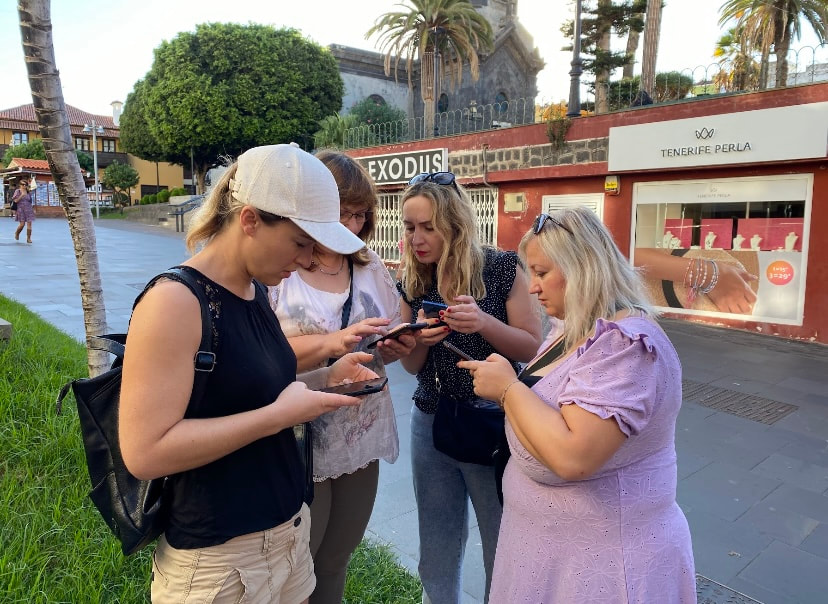

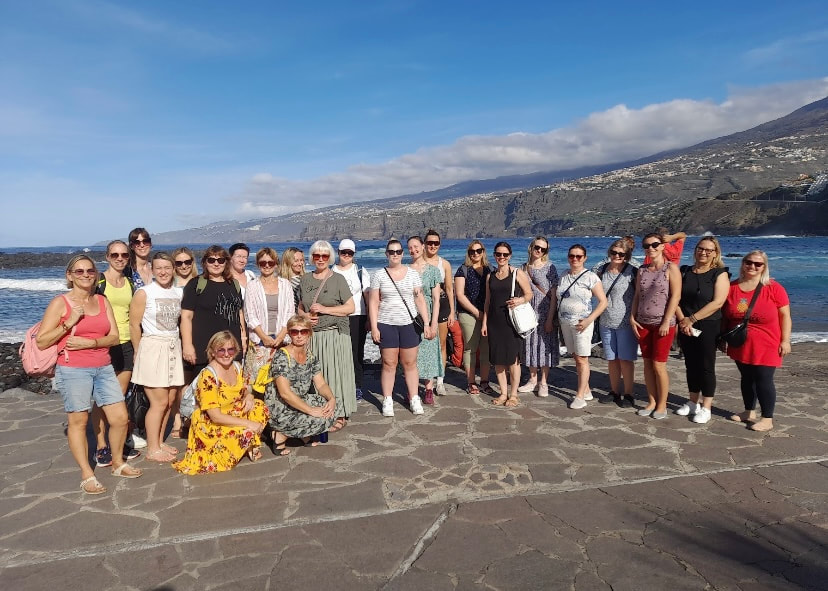
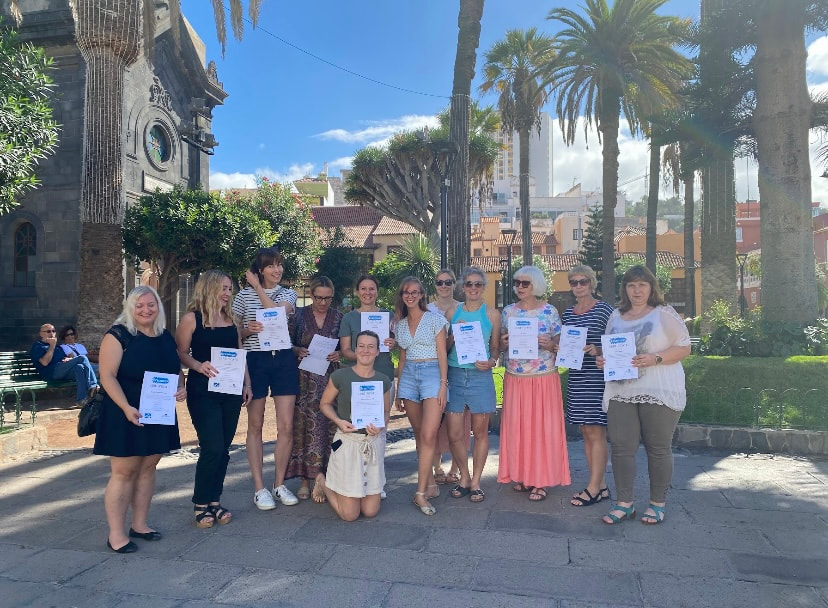
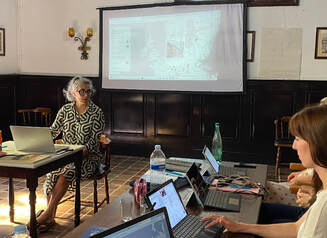
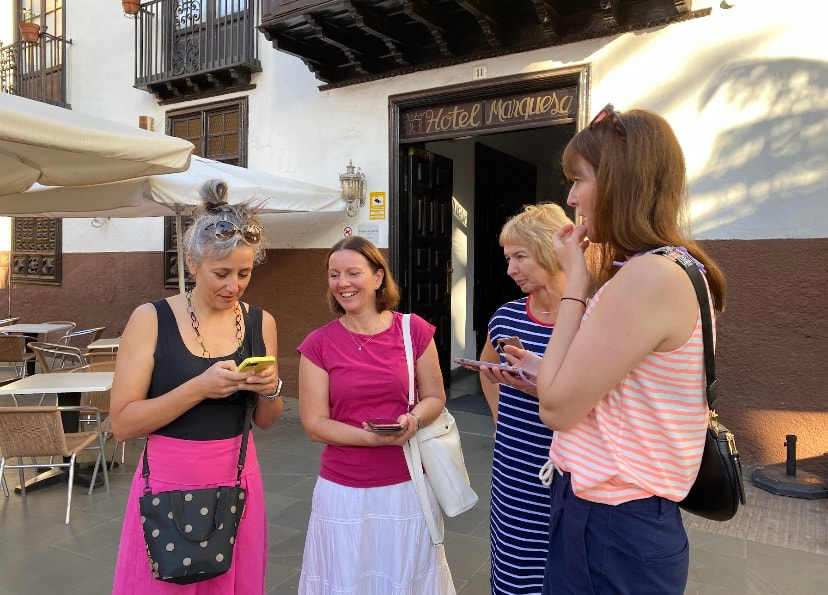
 RSS Feed
RSS Feed









